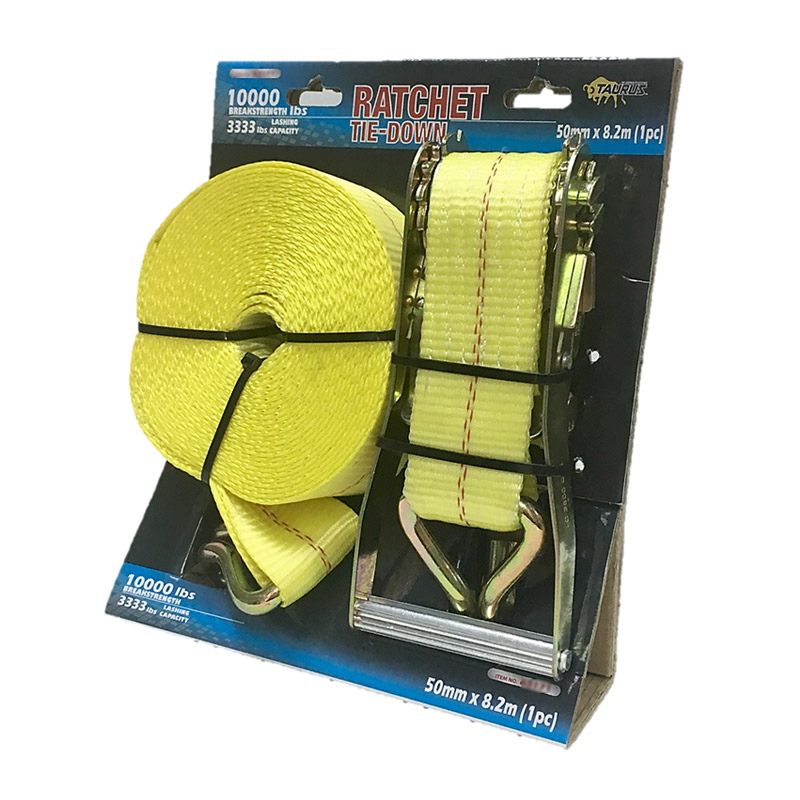Understanding the Role of Chemical Expansion in Bolt Performance and Durability
Understanding Chemical Expansion Bolts Innovations and Applications
Chemical expansion bolts, also known as chemical anchors or bonding anchors, represent a revolutionary advancement in the field of construction and engineering. These innovative fasteners effectively combine mechanical anchoring concepts with the bonding properties of chemical adhesives, delivering exceptional strength and reliability for various applications. As construction projects, particularly in concrete, demand higher performance from anchoring systems, chemical expansion bolts have emerged as a preferred solution.
At the core of a chemical expansion bolt is a dual-component adhesive system typically comprising a resin and a hardener. When mixed, these components undergo a chemical reaction that creates a strong bond with the substrate material, such as concrete or masonry. This bond significantly enhances load-bearing capacity and resistance to shear forces compared to traditional expansion anchors. This fundamental characteristic makes chemical expansion bolts especially valuable in situations where the integrity of the substrate may be compromised, or where high-performance anchoring is essential.
One of the most notable advantages of chemical expansion bolts is their ability to achieve a high load capacity in a relatively small diameter. This is particularly important when dealing with limited space or when aesthetics are a concern. Moreover, these bolts are less sensitive to the condition of the base material, making them effective even in cracked concrete. Unlike traditional mechanical anchors, the chemical bond allows for a more uniform distribution of stress across the anchoring surface, minimizing the risk of failure.
chemical expansion bolt

Applications for chemical expansion bolts are vast and varied. In the construction of high-rise buildings, these bolts are commonly employed for securing structural steel and facades, ensuring stability and safety. In construction environments that require precision and strength, such as bridges, chemical expansion bolts provide a reliable solution for attaching heavy machinery and equipment. Additionally, they prove invaluable in renovation projects, where the integrity of existing structures must not be compromised while accommodating new loads or features.
Installation of chemical expansion bolts is straightforward but requires adherence to specific guidelines for optimal performance. The preparation process typically involves drilling a hole into the substrate, cleaning the hole to remove any dust or debris, and then injecting the mixed adhesive into the hole before inserting the bolt. Proper curing time is crucial, as it determines the strength and resilience of the bond. Once cured, the chemical expansion bolt can handle heavy loads and resist various forces.
In conclusion, chemical expansion bolts are an essential innovation in modern construction, offering superior strength and versatility. Their ability to bond chemically with substrates while maintaining compact dimensions allows engineers and builders to tackle challenging projects with confidence. As the demand for efficient and reliable anchoring systems continues to grow, the prominence of chemical expansion bolts in the industry is likely to expand, shaping the future of construction methodologies.
-
Weatherproof Plastic Expansion Anchors for OutdoorAmakuruJun.06,2025
-
Sustainability in the Supply Chain: Eco-Friendly TEK Screws ProductionAmakuruJun.06,2025
-
Load-Bearing Capacity of External Insulation FixingsAmakuruJun.06,2025
-
Double Head Bolts: Enhancing Efficiency in Industrial MachineryAmakuruJun.06,2025
-
Corrosion Resistance in Chipboard Screws: Coatings for Wholesale DurabilityAmakuruJun.06,2025
-
Butterfly Toggle Bolts : Enhancing Structural ResilienceAmakuruJun.06,2025
